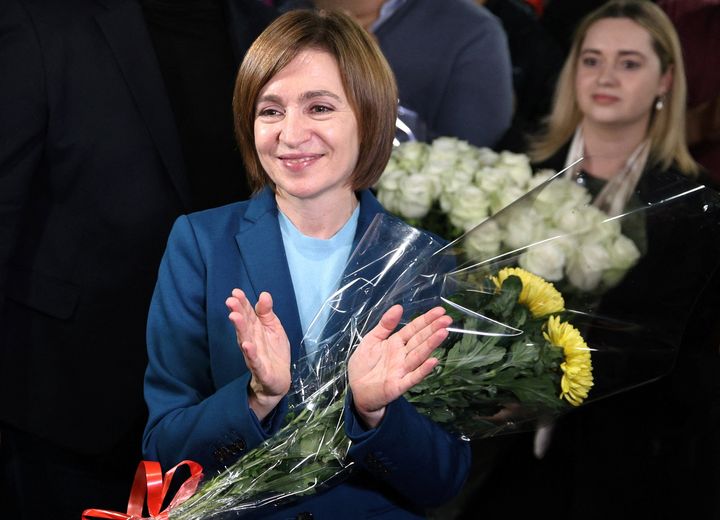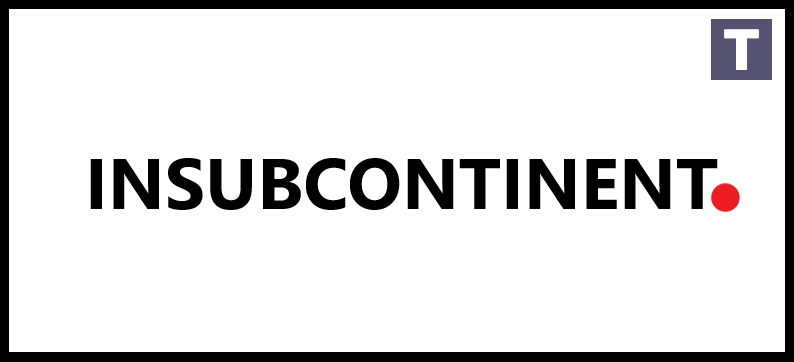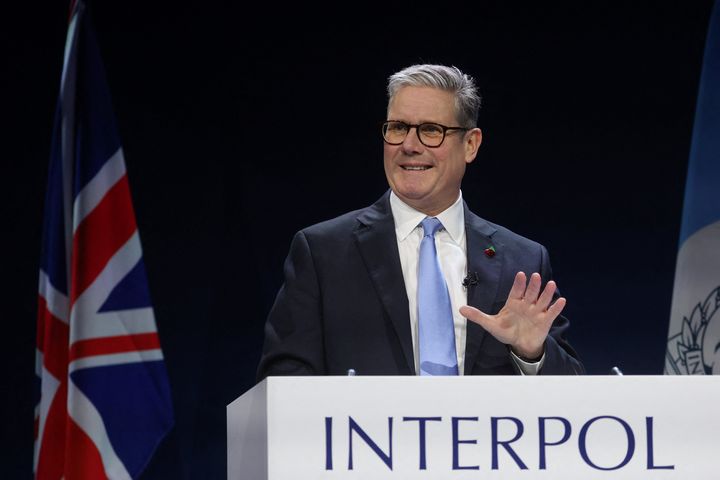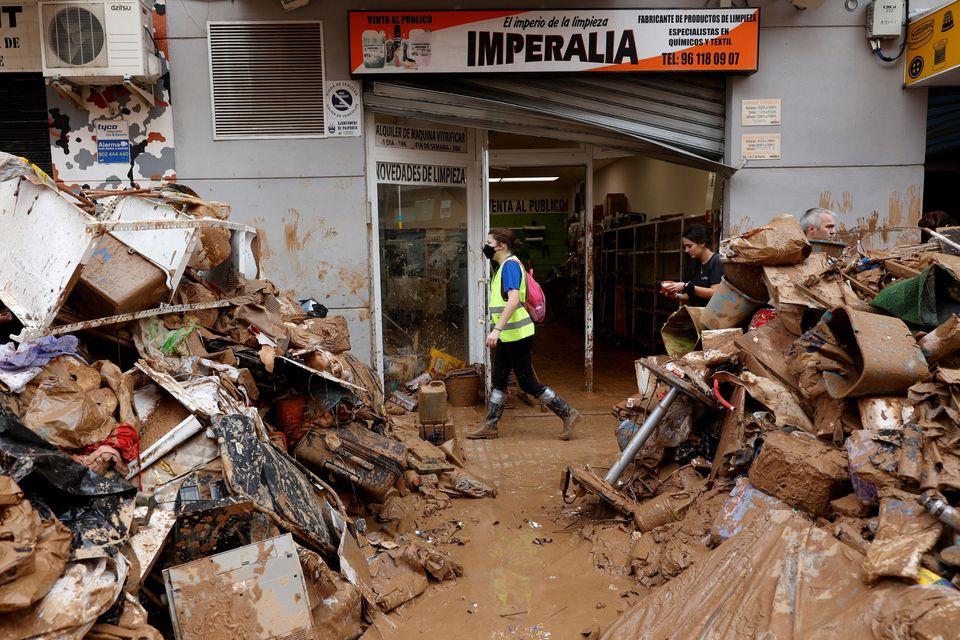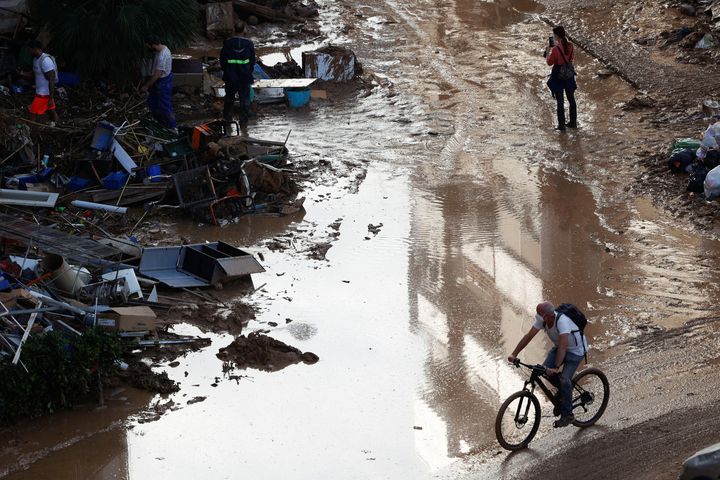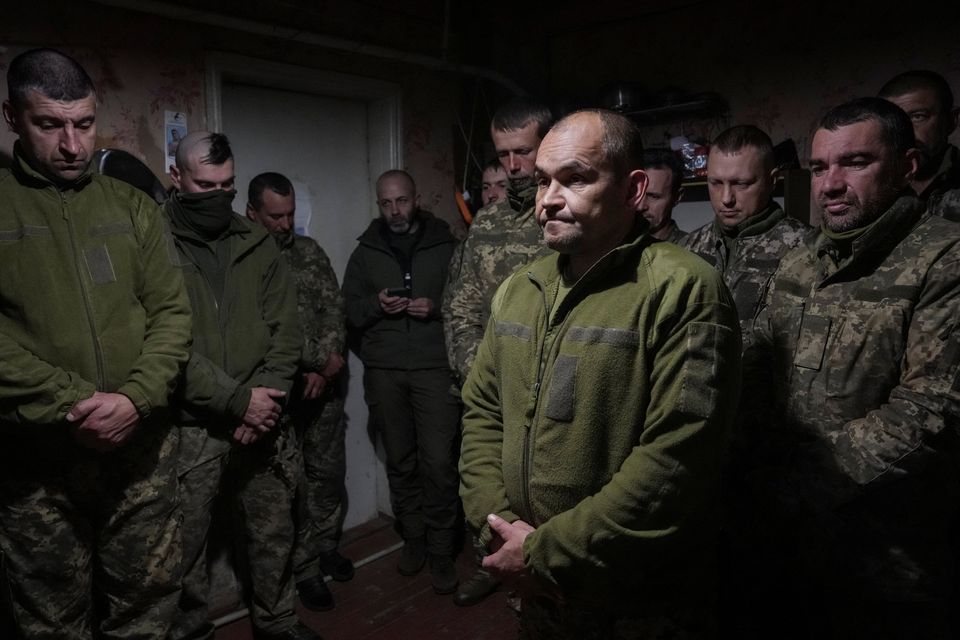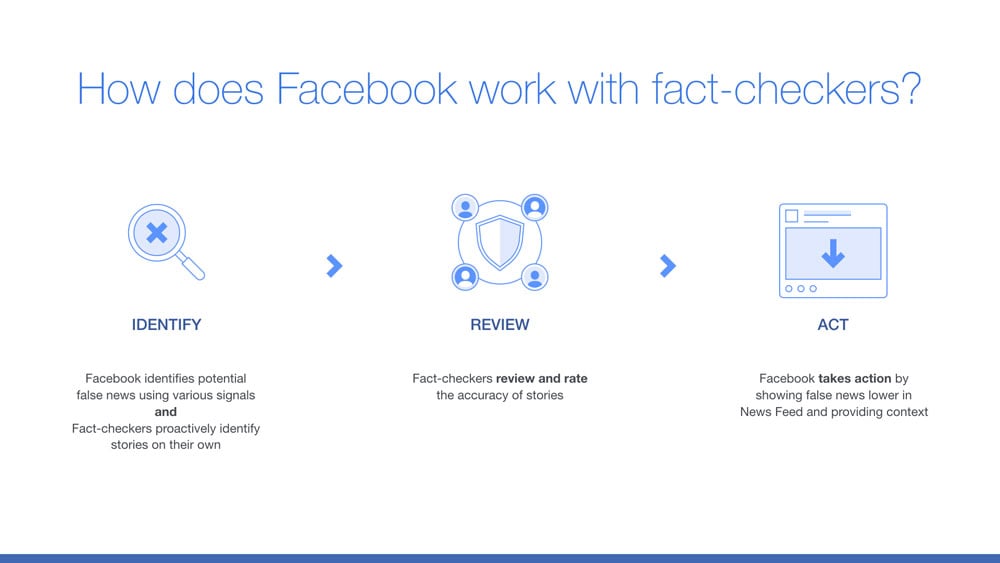
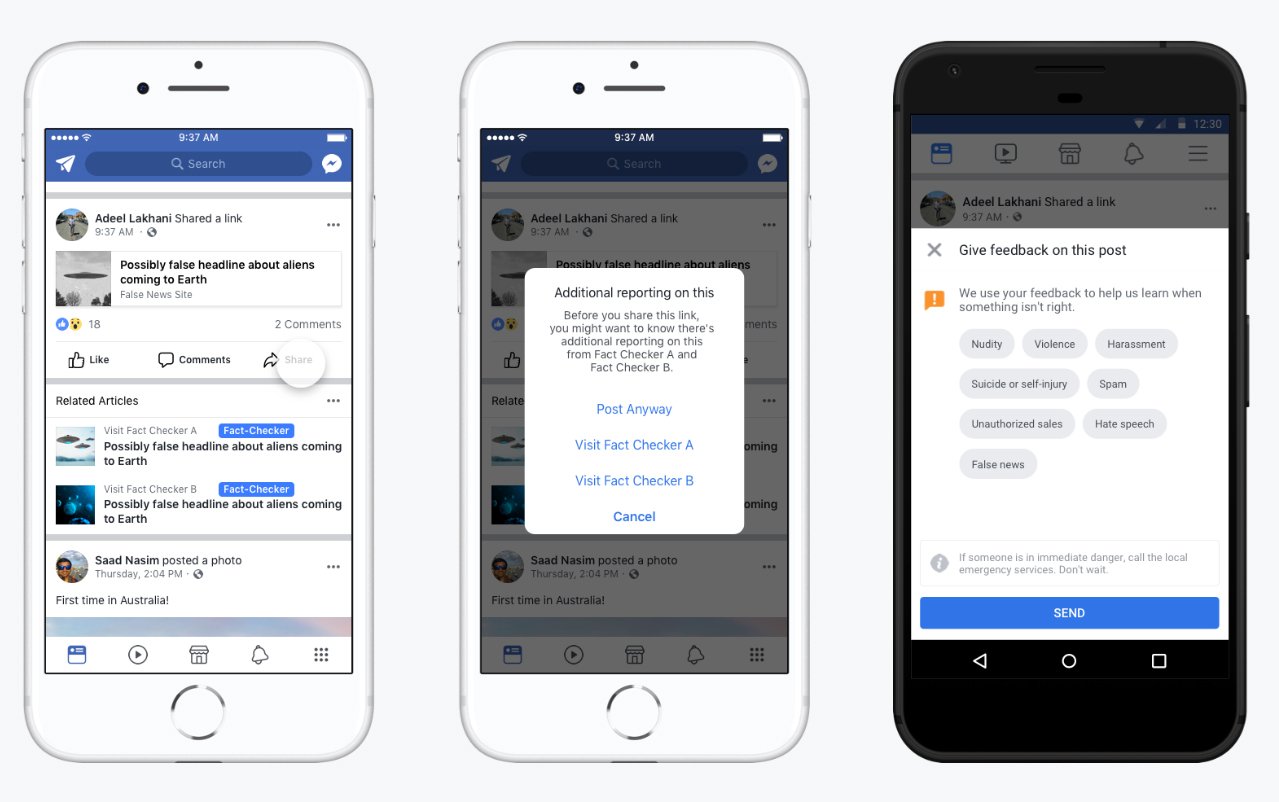
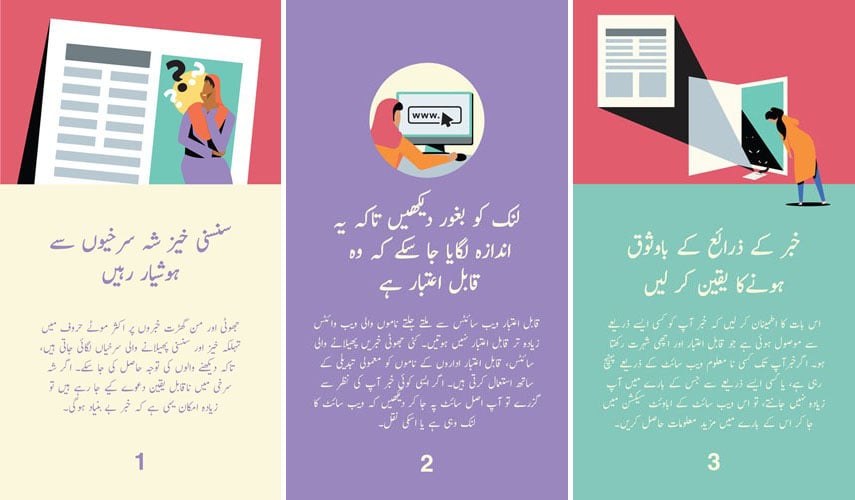
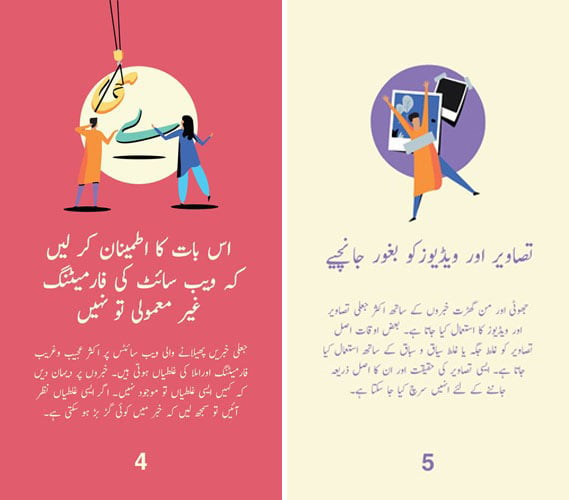
Facebook is increasing the number of people working on safety and security issues around the world to 20,000 people by the end of the year, as it employed dedicated teams working on all of the world's upcoming elections – including Pakistan – to help detect and prevent malicious actors or abuse on Facebook.
Ahead of Pakistan's elections, Facebook has ramped up its efforts to ensure they doing everything they can to prevent abuse, working in collaboration with the Election Commission of Pakistan to better understand and address the specific challenges faced here.
There are people who want to abuse the platform to harm the democratic process.
This is something the social media giant say it is absolutely committed to preventing, and is taking a number of steps to protect and preserve the integrity of the upcoming elections around the world. Pakistan is no exception.
Here is a look at the specific steps Facebook has taken in Pakistan ahead of the July 25th election.
According to the Facebook it is working hard to fight the spread of false news on the social media platform through a combination of technology and human review, and through arming the users with ability to recognise what might be false.
The Facebook's efforts are focused on the following key areas:
Third-party fact-checking: As of this week, Facebook will begin a pilot of its Third Party Fact Checking to users in Pakistan, in partnership with AFP.
Third Party Fact Checking is one of the ways the Facebook is fighting misinformation and its partners are well-respected fact-checkers who have been certified by Poynter's non-partisan International Fact-Checking Network.
Here’s how Facebook work with its fact-checking partners, using a combination of technology and human review to detect and demote false news on the social media platform :
"We use signals, including feedback from people on Facebook and clickbait sensationalist headlines, to predict potentially false stories for fact-checkers like AFP to review," says a statement issued by the Facebook.
"When fact-checkers rate a story as false, we significantly reduce its distribution in News Feed — dropping future views on average by more than 80%."
Pages and domains that repeatedly share false news will also see their distribution reduced and their ability to monetize and advertise removed.
"We also want to empower people to decide for themselves what to read, trust, and share. When third-party fact-checkers write articles about the accuracy of a news story, we show these articles in Related Articles immediately below the story in News Feed. We also send people and Page Admins notifications if they try to share a story or have shared one in the past that's been determined to be false.
We want to empower people to decide for themselves what to read, trust, and share, and we do this by promoting news literacy and providing people with more context. In Pakistan, we've partnered with Media Matters for Democracy and EngagePakistan to develop and distribute localized versions of our false news tips in Pakistan, with the aim of helping our community here learn how to recognise and avoid false news and misinformation. This week, we will be posting a Public Service Announcement at the top of News Feed - visible to our entire Facebook community in Pakistan - with a link to these false news tips."
Fake accounts can be a major distributor of harmful and misleading content. Facebook blocks millions of fake accounts at registration every day, and continuously build and update its technical systems to make it easier to respond to reports of abuse, detect and remove spam, identify and eliminate fake accounts, and prevent accounts from being compromised.
It has made recent improvements to recognize these inauthentic accounts more easily by identifying patterns of activity — without assessing account contents themselves.
" For example, our systems may detect repeated posting of the same content, or aberrations in the volume of content creation. In Q1 of this year, we removed nearly 6 million fake accounts globally, 98.5% of which we detected before anyone reported them to us.
We’re taking significant steps to bring more transparency to ads and Pages on Facebook. Anyone can now view active ads from Pages on Facebook. The feature will allow our community in Pakistan - and around the world - to see ads across Facebook, Instagram, Messenger and our partner network, even if those ads aren't shown to you. People can also learn more about Pages, even if they don't advertise. For example, you can see any recent name changes and the date the Page was created.
We require our community on Facebook to respect our Community Standards, and we hold advertisers to even stricter guidelines. We use both automated and human review, and we’re taking aggressive steps to strengthen both. Reviewing ads means assessing not just the ad's content, but the context in which it was bought and the intended audience, and we’re changing our ads review system to pay more attention to these signals. This year, we’ve added more people to our global ads review teams and we're investing more in machine learning to better understand when to flag and take down ads. Also, last year, we stated that we will no longer allow Pages that repeatedly share false news to advertise on Facebook," the statement said.
Facebook believes it has an important part to play in creating an informed community, and helping people access all the information they need to take part in the democratic process.
"Ahead of Election Day, we will serve the community with a vote reminder, which will appear as a megaphone at the top of their News Feed. In addition, we are also working to secure candidate and party Pages to protect them from hacking and impersonation, and will be sending out security emails to admins of such pages, as well as launching an election integrity website (www.facebookpakistanelectionintegrityinitiative.com) for candidates and parties in Pakistan."
This website will offer tips and best practices in English and Urdu for politicians and political parties on how to engage their followers and keep their Facebook Pages and accounts safe.
The social media giant says it has been been working proactively with Election Commission of Pakistan to help support electoral body's effort to maintain the integrity of the election.
Facebook has helped educate Election Commission officials on how the platform works with the goal of increasing transparency, improving security, and promoting civic engagement.
"We are also exploring new ways of working with the Election Commission of Pakistan to share a reminder about the ECP's 8300 Voter SMS service, which is designed to give Pakistanis easy access to their voter record and polling station," the statement noted.
Asad Baig, Executive Director at Media Matters for Democracy, said: 'We're committed to defending freedom of expression, media and the internet in Pakistan. With Facebook's role in giving people in Pakistan a voice, the ability to connect and access to vital information, they are a natural and important partner as we look to ensure that Pakistanis have the opportunity to participate in free and fair elections.”
Arafat Mazhar, Director of ShehriPakistan added: “We're excited to be working with Facebook to promote civic engagement and democracy in Pakistan.
Preventing the spread of false news is a critical part of ensuring the integrity of our elections and we hope that, through this collaboration, we will make a positive step towards equipping Pakistanis with the tools they need to discern fact from fiction.”
Facebook is increasing the number of people working on safety and security issues around the world to 20,000 people by the end of the year, as it employed dedicated teams working on all of the world's upcoming elections – including Pakistan – to help detect and prevent malicious actors or abuse on Facebook.
Ahead of Pakistan's elections, Facebook has ramped up its efforts to ensure they doing everything they can to prevent abuse, working in collaboration with the Election Commission of Pakistan to better understand and address the specific challenges faced here.
There are people who want to abuse the platform to harm the democratic process.
This is something the social media giant say it is absolutely committed to preventing, and is taking a number of steps to protect and preserve the integrity of the upcoming elections around the world. Pakistan is no exception.
Here is a look at the specific steps Facebook has taken in Pakistan ahead of the July 25th election.
According to the Facebook it is working hard to fight the spread of false news on the social media platform through a combination of technology and human review, and through arming the users with ability to recognise what might be false.
The Facebook's efforts are focused on the following key areas:
Third-party fact-checking: As of this week, Facebook will begin a pilot of its Third Party Fact Checking to users in Pakistan, in partnership with AFP.
Third Party Fact Checking is one of the ways the Facebook is fighting misinformation and its partners are well-respected fact-checkers who have been certified by Poynter's non-partisan International Fact-Checking Network.
Here’s how Facebook work with its fact-checking partners, using a combination of technology and human review to detect and demote false news on the social media platform :
"We use signals, including feedback from people on Facebook and clickbait sensationalist headlines, to predict potentially false stories for fact-checkers like AFP to review," says a statement issued by the Facebook.
"When fact-checkers rate a story as false, we significantly reduce its distribution in News Feed — dropping future views on average by more than 80%."
Pages and domains that repeatedly share false news will also see their distribution reduced and their ability to monetize and advertise removed.
"We also want to empower people to decide for themselves what to read, trust, and share. When third-party fact-checkers write articles about the accuracy of a news story, we show these articles in Related Articles immediately below the story in News Feed. We also send people and Page Admins notifications if they try to share a story or have shared one in the past that's been determined to be false.
We want to empower people to decide for themselves what to read, trust, and share, and we do this by promoting news literacy and providing people with more context. In Pakistan, we've partnered with Media Matters for Democracy and EngagePakistan to develop and distribute localized versions of our false news tips in Pakistan, with the aim of helping our community here learn how to recognise and avoid false news and misinformation. This week, we will be posting a Public Service Announcement at the top of News Feed - visible to our entire Facebook community in Pakistan - with a link to these false news tips."
Fake accounts can be a major distributor of harmful and misleading content. Facebook blocks millions of fake accounts at registration every day, and continuously build and update its technical systems to make it easier to respond to reports of abuse, detect and remove spam, identify and eliminate fake accounts, and prevent accounts from being compromised.
It has made recent improvements to recognize these inauthentic accounts more easily by identifying patterns of activity — without assessing account contents themselves.
" For example, our systems may detect repeated posting of the same content, or aberrations in the volume of content creation. In Q1 of this year, we removed nearly 6 million fake accounts globally, 98.5% of which we detected before anyone reported them to us.
We’re taking significant steps to bring more transparency to ads and Pages on Facebook. Anyone can now view active ads from Pages on Facebook. The feature will allow our community in Pakistan - and around the world - to see ads across Facebook, Instagram, Messenger and our partner network, even if those ads aren't shown to you. People can also learn more about Pages, even if they don't advertise. For example, you can see any recent name changes and the date the Page was created.
We require our community on Facebook to respect our Community Standards, and we hold advertisers to even stricter guidelines. We use both automated and human review, and we’re taking aggressive steps to strengthen both. Reviewing ads means assessing not just the ad's content, but the context in which it was bought and the intended audience, and we’re changing our ads review system to pay more attention to these signals. This year, we’ve added more people to our global ads review teams and we're investing more in machine learning to better understand when to flag and take down ads. Also, last year, we stated that we will no longer allow Pages that repeatedly share false news to advertise on Facebook," the statement said.
Facebook believes it has an important part to play in creating an informed community, and helping people access all the information they need to take part in the democratic process.
"Ahead of Election Day, we will serve the community with a vote reminder, which will appear as a megaphone at the top of their News Feed. In addition, we are also working to secure candidate and party Pages to protect them from hacking and impersonation, and will be sending out security emails to admins of such pages, as well as launching an election integrity website (www.facebookpakistanelectionintegrityinitiative.com) for candidates and parties in Pakistan."
This website will offer tips and best practices in English and Urdu for politicians and political parties on how to engage their followers and keep their Facebook Pages and accounts safe.
The social media giant says it has been been working proactively with Election Commission of Pakistan to help support electoral body's effort to maintain the integrity of the election.
Facebook has helped educate Election Commission officials on how the platform works with the goal of increasing transparency, improving security, and promoting civic engagement.
"We are also exploring new ways of working with the Election Commission of Pakistan to share a reminder about the ECP's 8300 Voter SMS service, which is designed to give Pakistanis easy access to their voter record and polling station," the statement noted.
Asad Baig, Executive Director at Media Matters for Democracy, said: 'We're committed to defending freedom of expression, media and the internet in Pakistan. With Facebook's role in giving people in Pakistan a voice, the ability to connect and access to vital information, they are a natural and important partner as we look to ensure that Pakistanis have the opportunity to participate in free and fair elections.”
Arafat Mazhar, Director of ShehriPakistan added: “We're excited to be working with Facebook to promote civic engagement and democracy in Pakistan.
Preventing the spread of false news is a critical part of ensuring the integrity of our elections and we hope that, through this collaboration, we will make a positive step towards equipping Pakistanis with the tools they need to discern fact from fiction.”

 15
15





